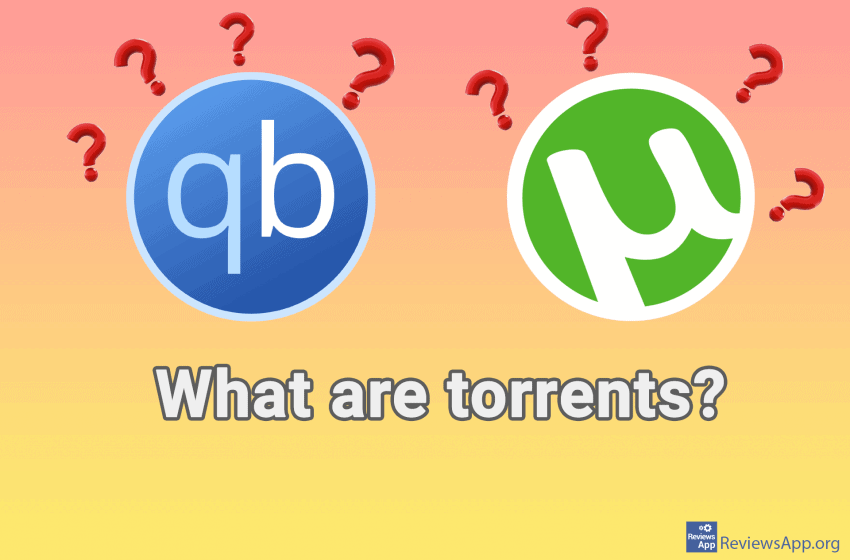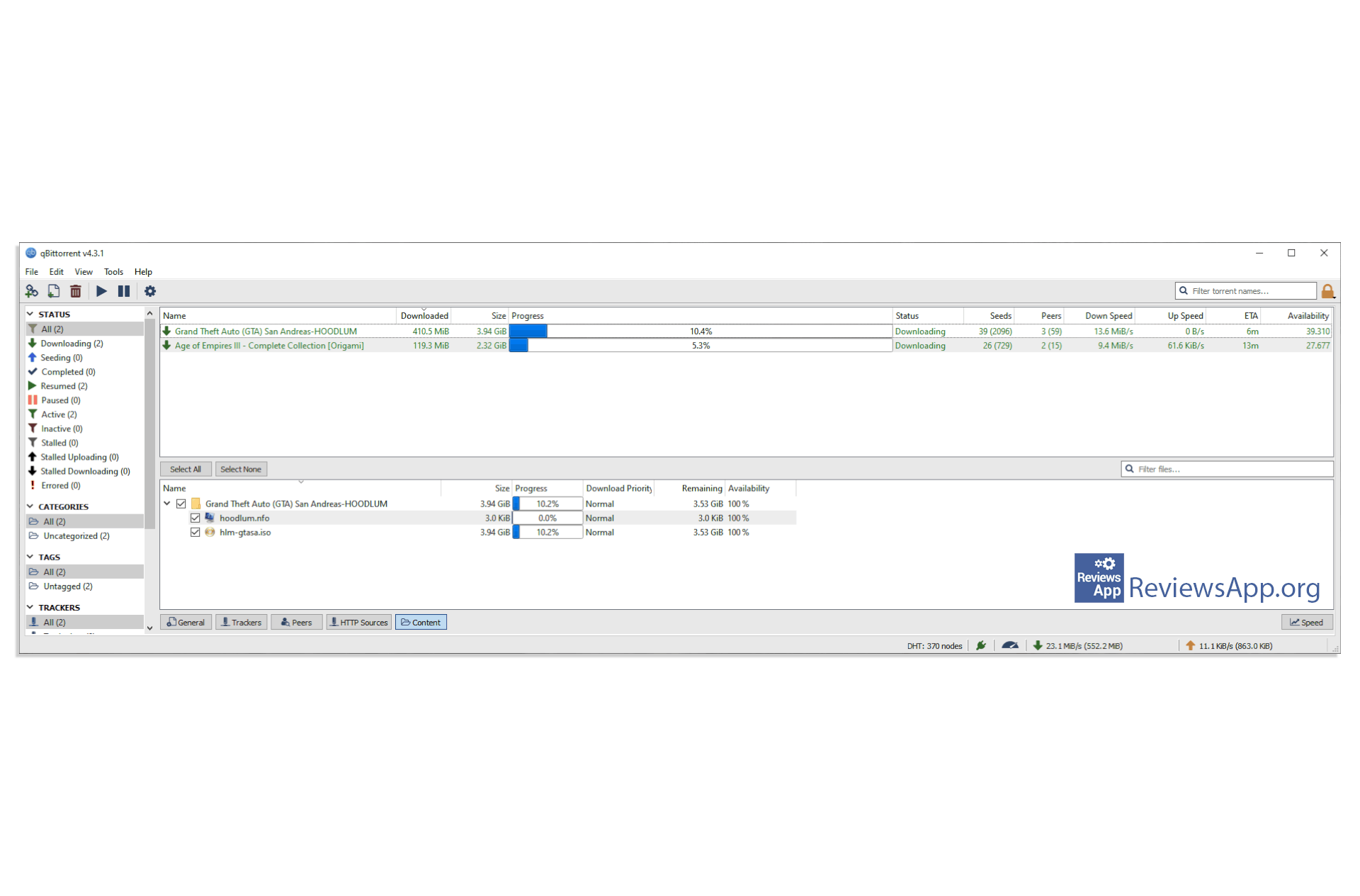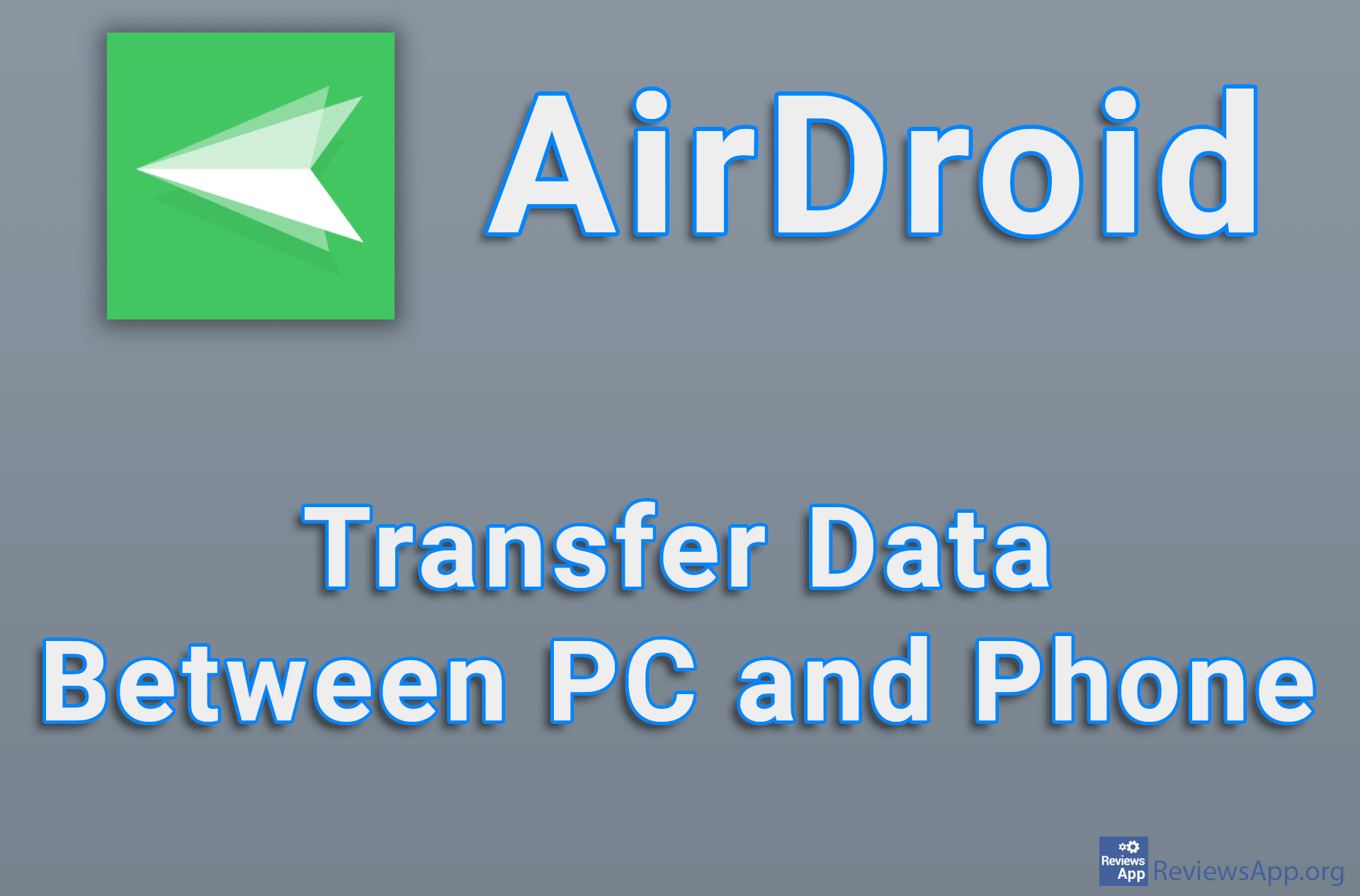What are torrents?

You’ve probably heard of torrents, a way to get music, movies, or games completely free. You’ve also probably heard that using torrents is illegal. In this article, we explore what torrents are, how they work, whether they are legal, and how to protect ourselves when we use them.
What is a torrent?
The name torrent is derived from the .torrent extension, and these are simply files that contain information about other files and folders to be distributed. When you download a torrent for a movie, this torrent file contains information that will allow you to get to that movie.
The usual way to share files over the Internet is to have a central server that holds all the data and is in charge of where it goes.
Torrents do not depend on a central storage server. Instead, the data is stored on the computers of users participating in the network. A peer-to-peer (P2P) communication protocol is established between users, which divides files into smaller pieces and moves them from those who have the desired file on their computer (seeders) to those who want to download that file (leechers).
In other words, when you download a file from a torrent, you are copying it directly from the computer of one of the torrent network users.
To establish this connection, a torrent client is used, a program that reads all the information in a .torrent file and connects users to enable data exchange. The two most popular torrent clients are qBittorrent and uTorrent.
High data transfer rates via torrent are achieved because when you can download a file from multiple users simultaneously. If the number of seeders is greater than the number of leechers, you can get an incredibly high download speed, but if the reverse is true, the speed will be lower, and there is no way to increase it.
Are torrents illegal?
As you can see, just using a torrent to share data is not illegal. The problem arises in the content being shared. If someone has a movie on their computer that was legally bought and paid for, and then they start sharing that movie using torrent, so others can get that movie too, that is illegal.
Many countries have laws regulating this type of data sharing where it is illegal to post and download copyrighted material through a torrent client or website.
The way the police find those using torrents illegally is by tracking the computer’s IP address.
The IP address is similar to your phone number. Your phone number is a unique set of numbers that identifies your phone so other people can call you. Similarly, an IP address is a unique set of numbers that identifies your PC so that it can send and receive data from other computers. Every time you download a torrent your IP address is publicly exposed and can be recorded by the authorities. If you downloaded something illegal via torrent or something that infringes copyright (movies, music, books, etc.), the authorities can prove through your IP address, that was recorded, that you downloaded a certain file on a certain day. In that case, nothing can save you from punishment.
The way to protect yourself is to hide your IP address and to achieve that you should use a VPN. When you use a VPN, your computer connects directly to several different computers around the planet, hiding the original computer and its location. In this way, high security is achieved when surfing, with very little chance of users being spied on by someone.
Conclusion
Due to the possibility of illegal data sharing, torrents are notorious, and there is a misconception that any use of a torrent is illegal, but this is not the case. Many companies use a torrent network to share data, and a lot of content on torrent websites is not illegal.
Torrents are extremely practical and useful as a service, and the fact that they are abused to remove piracy is something else. We invite you to be responsible and to download and share only legal files via torrent.






